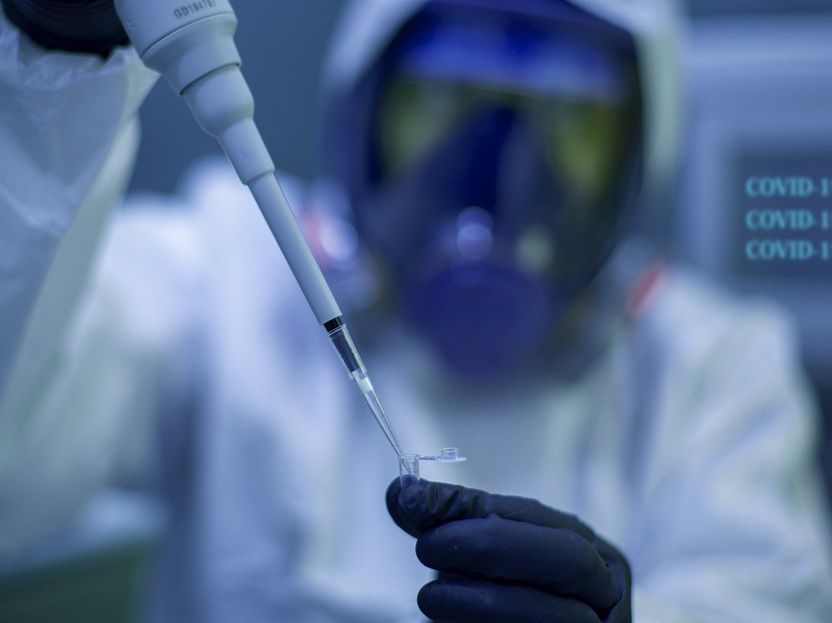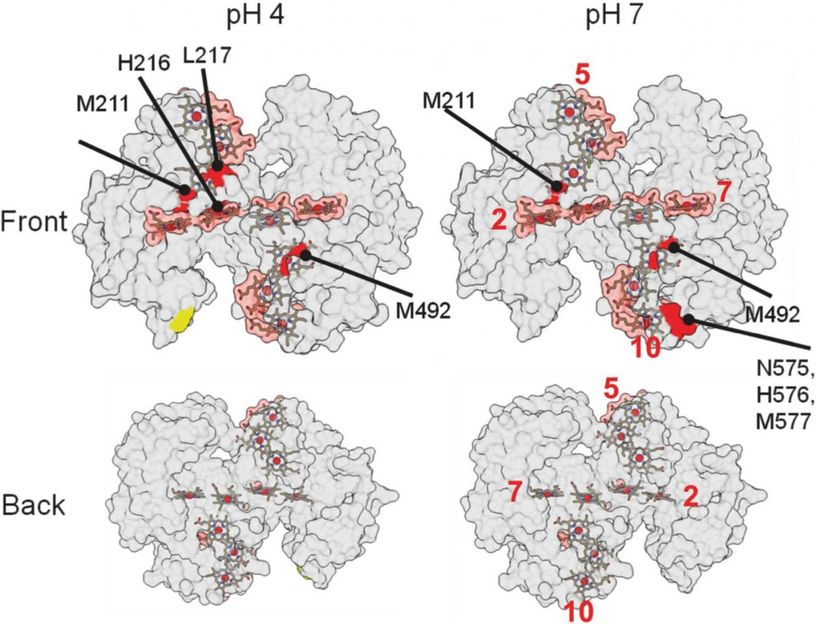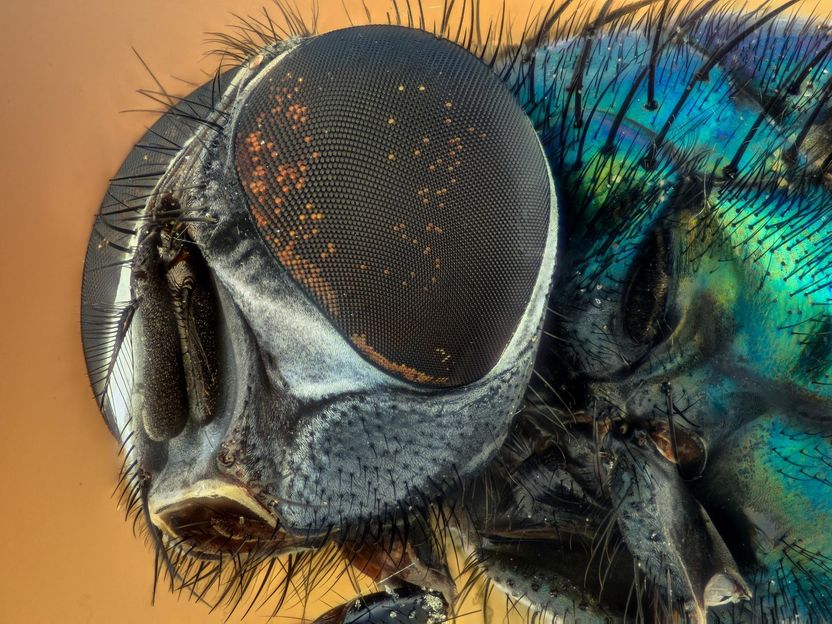Thaumatin: Natural Sweetener with Anti-Inflammatory Potential
A new study by the Leibniz Institute for Food Systems Biology at the Technical University of Munich shows for the first time that bitter tasting protein fragments (peptides) are produced in the stomach during the digestion of the natural sweetener thaumatin. In a cellular test system, the peptides are able to stimulate the acid secretion of human stomach cells and influence inflammatory reactions. “Our research helps to elucidate the health effects of the plant protein, which is widely used as a sweetener,” says Veronika Somoza, head of the study and director of the Leibniz Institute.
Veronika Somoza's team is researching, among other things, how bitter-tasting food compounds influence the metabolism of stomach cells and thus health. To this end, the team established a human gastric cell line (HGT-1 cells) as a test system. In earlier studies, the scientists had already shown that certain bitter substances interact with the stomach cells' own bitter taste receptors to stimulate the release of protons and thus the acid production of the cells. Such bitter substances also include peptides produced during the digestion of milk protein.
Building on earlier findings
“However, not only bitter tasting substances, but also the health effects of sweeteners are always in the focus of public interest. Based on our earlier findings, we therefore investigated whether bitter tasting peptides are also formed from the sweet tasting protein thaumatin in the stomach, which could have a physiological effect,” reports Phil Richter, first author and doctoral student at the Leibniz Institute.
Using studies on pigs, in vitro experiments and sensory tests, the team first identified three peptides that are produced during the digestion of thaumatin in the stomach and have a bitter taste. In the test system, the bitter peptides stimulated the release of protons from HGT-1 cells even at extremely low concentrations, i.e., in the nanomolar range.
In order to find out more about the potential anti-inflammatory effect of the three peptides, the team first investigated how the stomach cells of the test system generally react to the addition of Helicobacter pylori proteins. The bacterium H. pylori can cause inflammatory stomach diseases and even stomach cancer. Around half of the world's population is infected with this pathogen. In contrast to many other bacteria, it is able to survive in an extremely acidic stomach environment by neutralizing the low pH value of stomach acid, among other things.
Anti-inflammatory effect
As the team's test results show, H. pylori proteins induce an increased release of pro-inflammatory interleukin 17A in the test cells. “It is interesting that we were able to reduce the induced interleukin release of the gastric cells by up to 89.7 percent by adding one of the identified bitter tasting peptides. The gastric cell's own bitter taste receptor TAS2R16 was involved in this anti-inflammatory effect and also in the stimulation of proton release,” reports Phil Richter.
“The peptide concentrations tested in our study are based on realistic concentrations that can be achieved in the stomach by eating a commercially available sweetener tablet. Therefore, our results suggest that the anti-inflammatory potential of thaumatin or its bitter cleavage products as well as the functions of endogenous bitter taste receptors should be further investigated. Our aim is to better understand the molecular mechanisms of diet-related inflammatory gastric diseases. Not least with regard to infections with Helicobacter pylori,” explains Veronika Somoza.
Original publication
Phil Richter, Karin Sebald, Konrad Fischer, Angelika Schnieke, Malek Jlilati, Verena Mittermeier-Klessinger, Veronika Somoza; "Gastric digestion of the sweet-tasting plant protein thaumatin releases bitter peptides that reduce H. pylori induced pro-inflammatory IL-17A release via the TAS2R16 bitter taste receptor"; Food Chemistry, Volume 448


























































